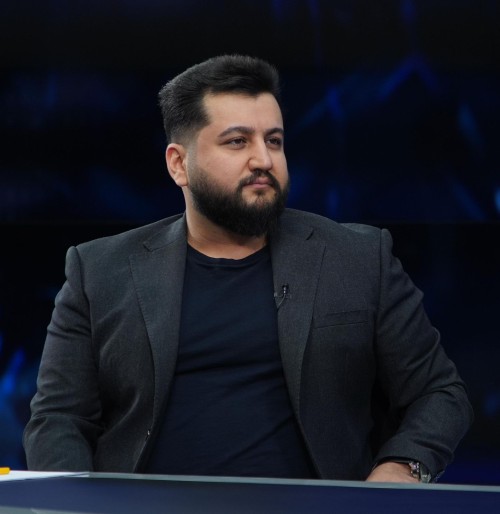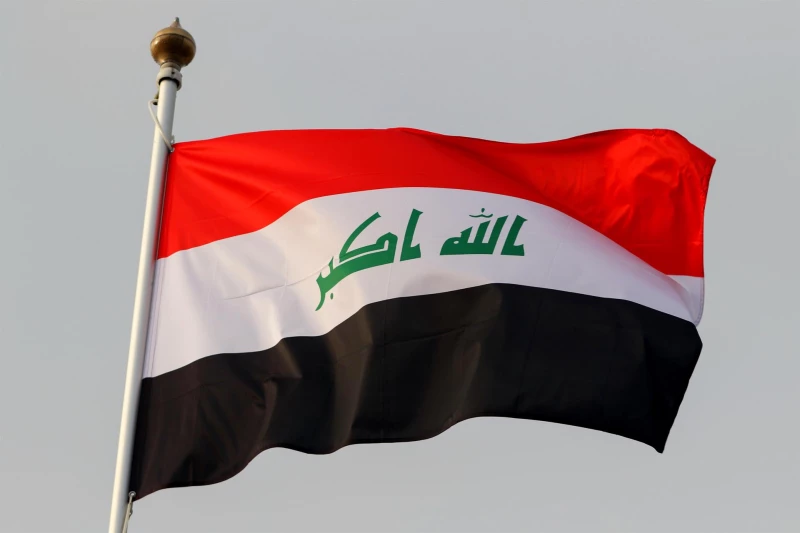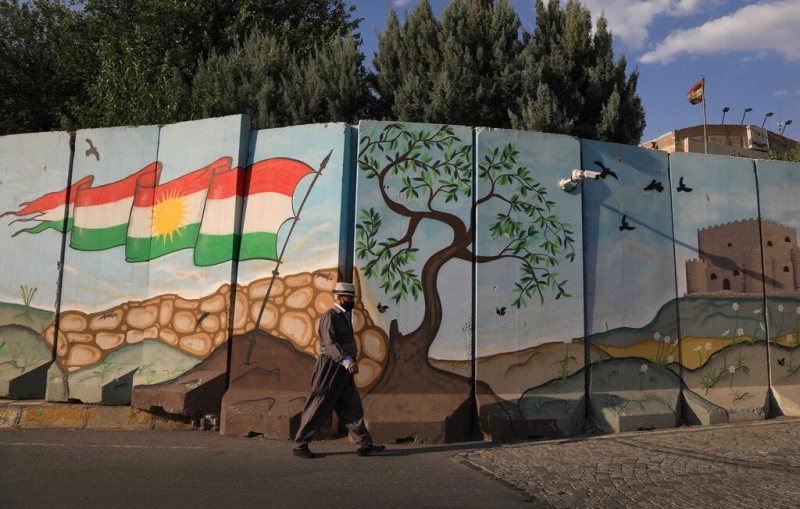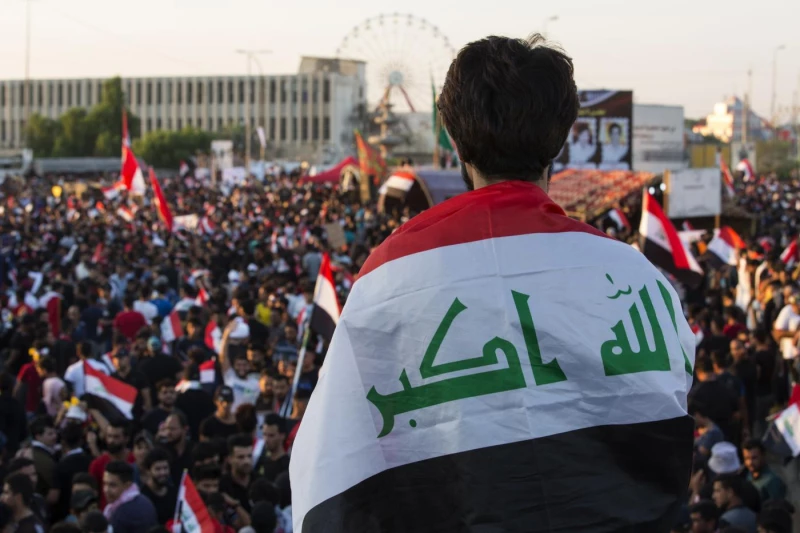After the events of October 7, 2023, Iraq found itself in a very sensitive position. It was stuck between big international and regional powers. Iraq is no longer just a possible place for conflict between Iran and the US, it has become a daily test of how to keep balance between the Iraqi state and armed groups, and between being independent and being pulled into outside struggles.
In Baghdad, leaders have used what we can call “edge diplomacy.” This is a careful strategy meant to stop the country from sliding into full conflict, whether with the US or with Israel, while also keeping strong ties with Iran and other Arab neighbors.
Managing the crisis, not joining it
Even though there have been attacks on US bases in Iraq and sometimes strong reactions from Washington, the Iraqi government tried hard to calm the situation. It did not go for direct fighting, but it also didn’t give in to pressure from radical groups inside the country who wanted stronger action against the US.
Instead, Baghdad sent clear and calm messages: Iraq does not want to be a battlefield for other countries’ wars. The government spoke up for Iraqi sovereignty and the rule of law. It even went further by putting pressure on pro-Iran armed groups in Iraq, including arresting members of groups that state media called “outlaws.”
This path has not been easy. Iraq still faces deep internal divisions, and many power centers, both official and unofficial, still control parts of the political system. That makes Iraq a place shared by big powers and non-state groups alike.
Taking initiative, not just reacting
In recent months, Iraq has not just been reacting to what’s happening around it. It has taken real steps to show itself as a country with an independent role in the region. Iraq joined the Arab Summit in Bahrain and took a clear but balanced position on regional issues. It supported the rights of the Palestinian people, without fully siding with the "resistance axis" or repeating the language of normalization with Israel.
Iraq also restarted communication with Syria. This move fits Iranian interests, but it also shows that Iraq wants some independence. In fact, some Iraqi groups close to Iran didn’t like this step, fearing it could reduce their traditional influence in Syrian affairs.
The hardest part: Power vs. Sovereignty
The biggest challenge for Iraq today is how to keep its sovereignty while there are armed groups inside the country that follow foreign agendas. These groups limit the government’s ability to make independent decisions about foreign policy. Every diplomatic move Iraq makes becomes a topic for internal fighting.
While the government tries to calm tensions with the US, it also faces attacks from Iran-backed groups at home who say the government is being too soft or giving in. This puts the leadership in a difficult spot between outside pressure and shaky internal politics.
A space to breathe
Iraq’s foreign policy since October 2023 is not just a reaction to crises. It is an effort, small but real, to rebuild Iraq’s place in the region as a real state, not just a place where others fight their battles. These last months have shown that Iraq can play a helpful role in reducing tensions, if it has enough political will and support.
But for this to work, the slogan “Iraq First” must become more than just words. It must turn into a real way of making decisions. This needs a strong will to protect Iraqi sovereignty, steady efforts to cultivate a smart foreign policy, and serious work to stop unofficial actors from pulling Iraq into regional conflicts. Only an Iraq that controls its own decisions and reshapes its foreign relations to serve its own people can escape the edge of fire and return as a serious player in the region.
The views expressed in this article are those of the writer and do not necessarily represent the position of The New Region

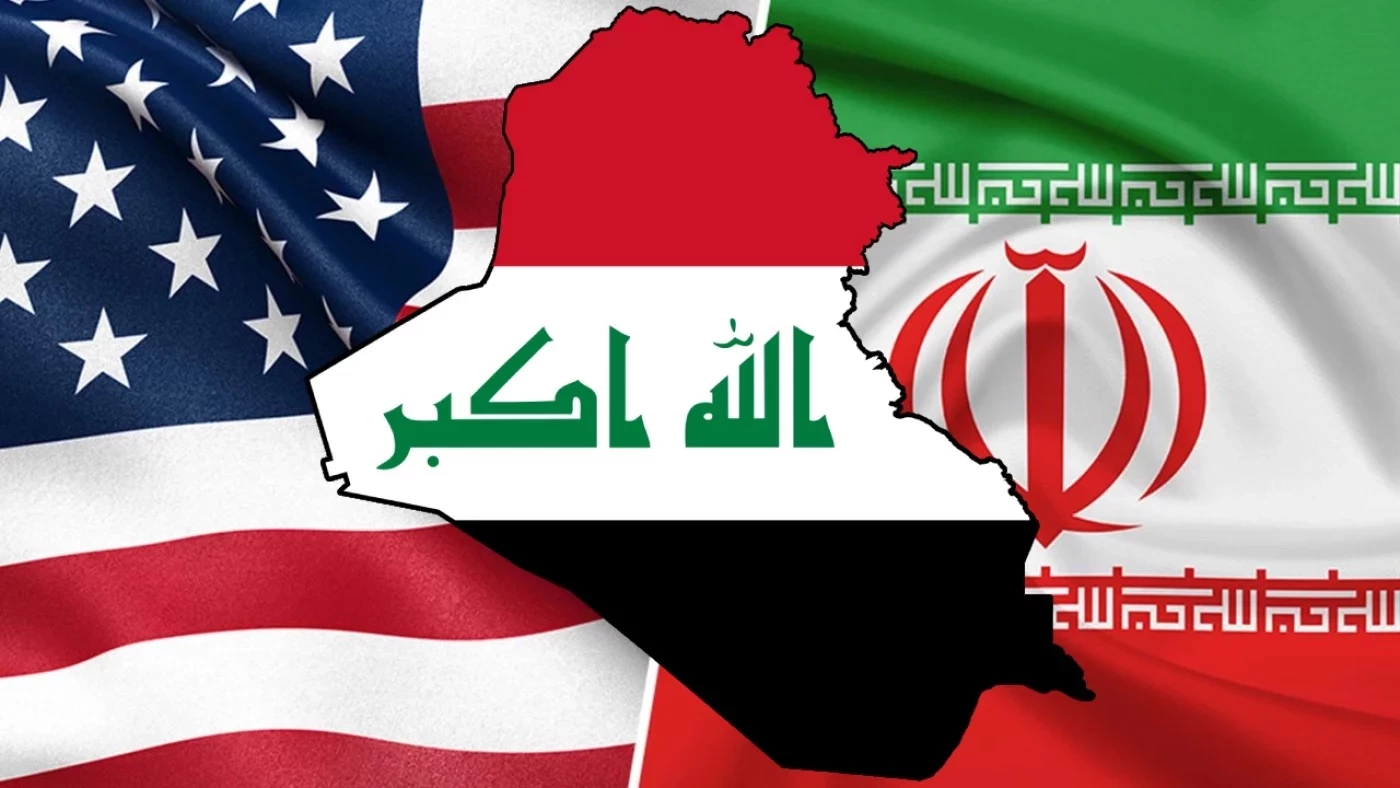
 Facebook
Facebook
 LinkedIn
LinkedIn
 Telegram
Telegram
 X
X
